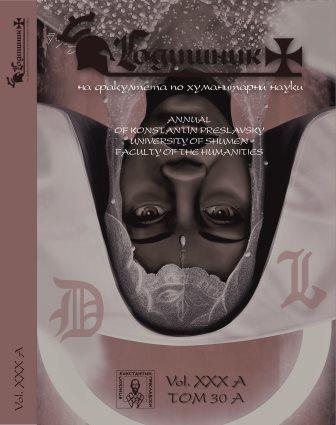Образи от свещените книги в диванската поезия
Images from the sacred books in the Divan poetry
Author(s): Vejdi HasanSubject(s): Language and Literature Studies, Studies of Literature, Turkish Literature
Published by: Шуменски университет »Епископ Константин Преславски«
Keywords: Divan pоetry; sacred books; mysticism; Ottoman empire; hadith; prophet
Summary/Abstract: The old Turkish literature, called the divan, emerges and develops in parallel with the development of Turkish society. It is elitist in nature and is hardly accessible to the uninitiated reader. The poets are highly educated, fluent in Arabic and Persian. They are familiar with Persian mythology and ancient Greek philosophers. That is why the Divan literature develops the models of the Eastern literatures with a particularly strong influence of the Persian literature. By borrowing their poetic forms and themes and adapting them to their conditions, the Turkish poets begin to write magnificent poems. Starting with the metrics and poems, they come to the use of various motifs and inspirations. They are familiar with the traditional symbolism and are looking for perfection. The Divan poets know the technique of the classic verse to perfection, and by knowing the Persian literature well, they enrich Turkish poetry with the achievements of the Persian poets. By adopting Islam, the Turks also embrace the culture of the religion. The verses bring the aesthetics of Islam. Therefore the sacred books are some of the most preferred sources of Turkish Divan poetry. The poets know in detail the Quran and the hadiths. They have the ability to interpret the religious texts and thus to borrow the names of the individuals mentioned in these texts. They present these individuals as powerful, through their virtues such as justice, modesty, charity, self-sacrifice, and give them as examples. Their rich fantasy gives birth to brilliant hyperboles, perfect in style and vocabulary.
Journal: Годишник на Шуменския университет "Епископ Константин Преславски". Факултет по хуманитарни науки
- Issue Year: XXX/2019
- Issue No: 1
- Page Range: 45-55
- Page Count: 11
- Language: Turkish, Bulgarian

